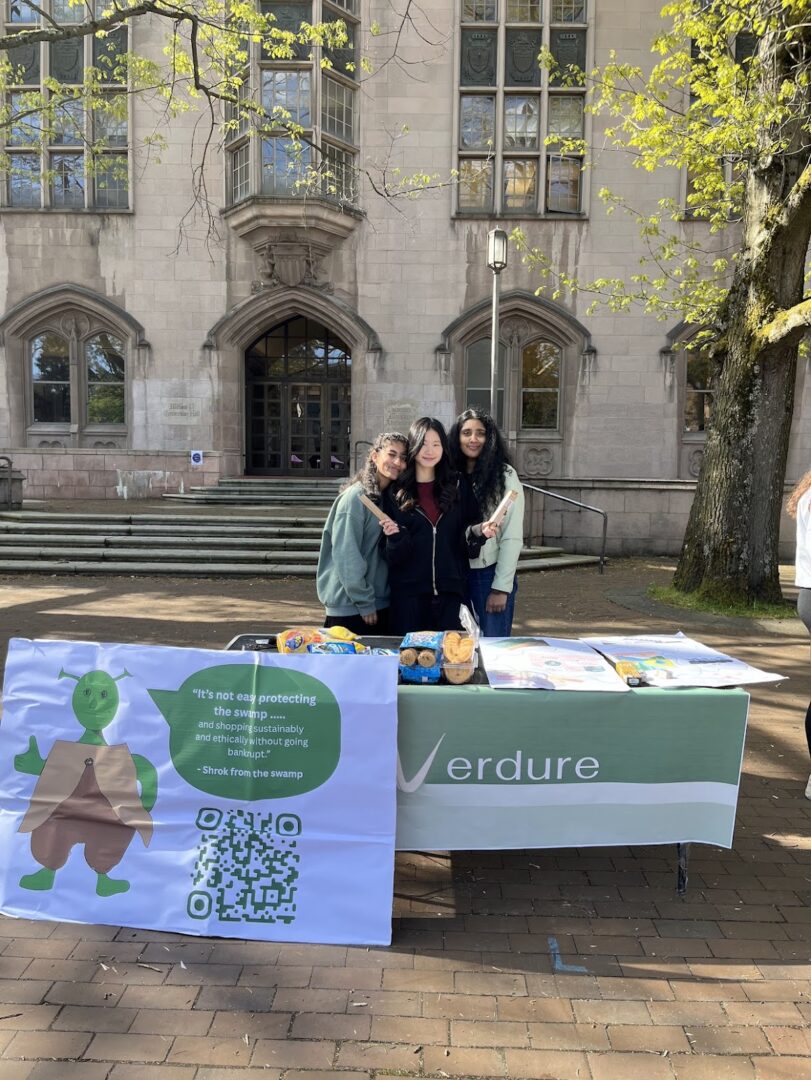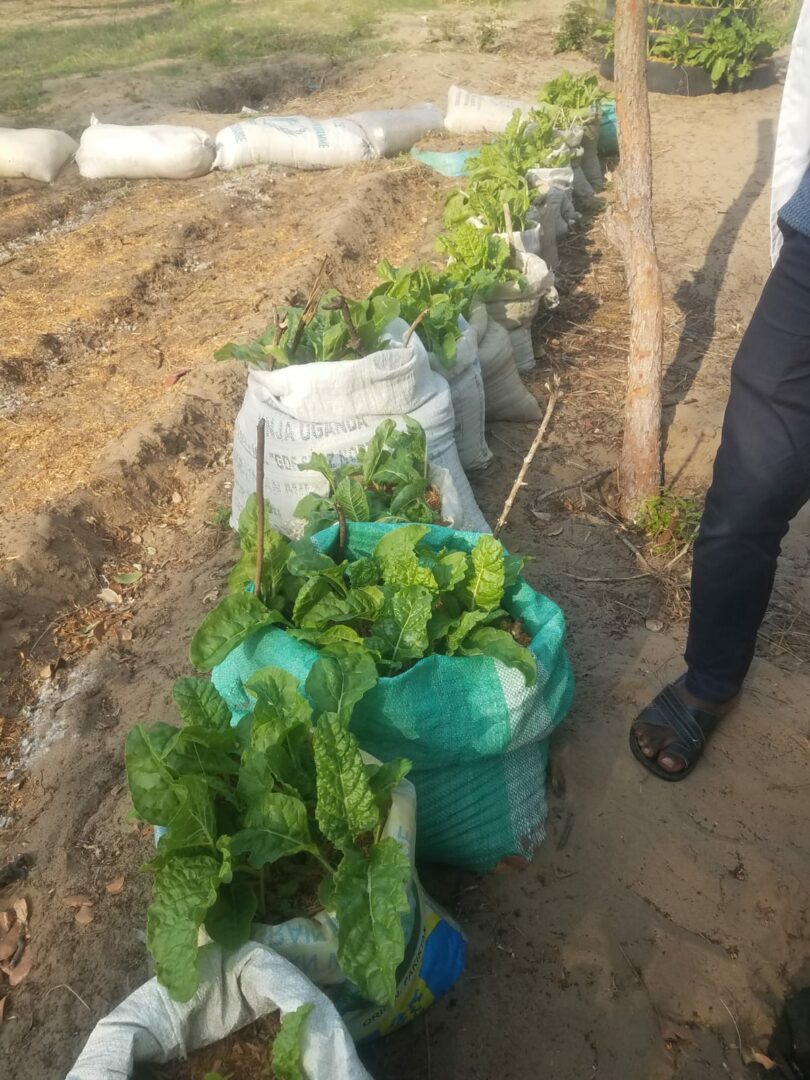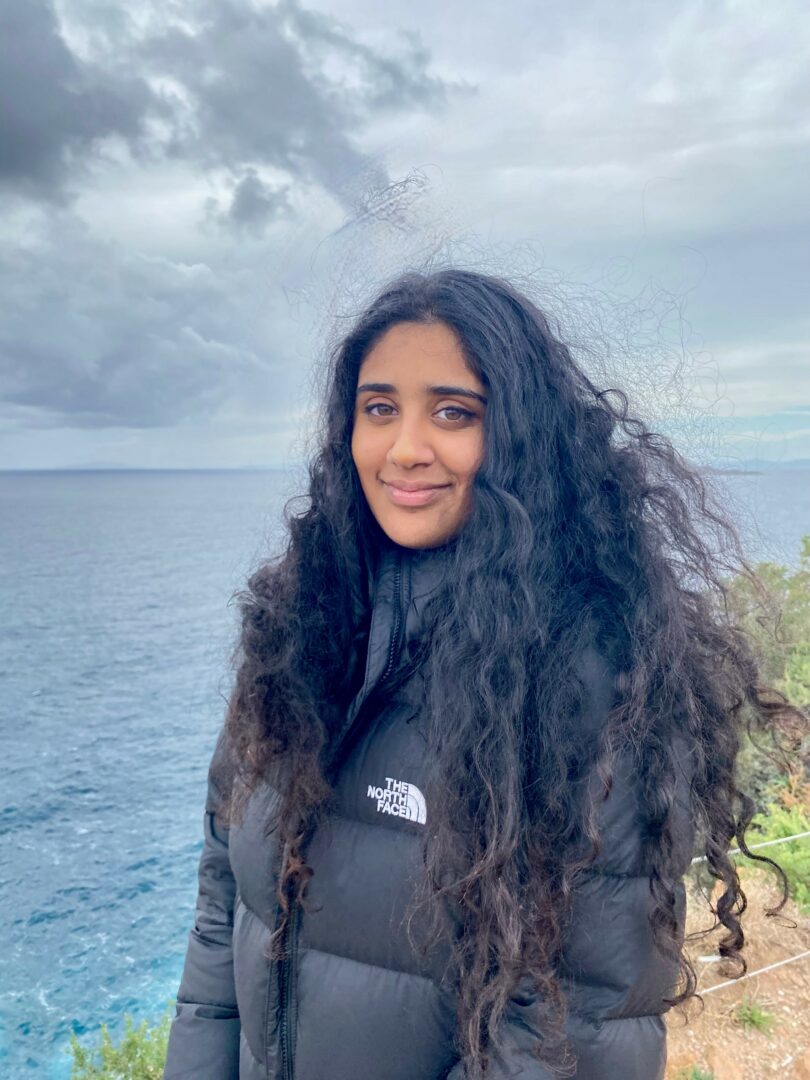Alright – so today we’ve got the honor of introducing you to Sanjana Satagopan. We think you’ll enjoy our conversation, we’ve shared it below.
Sanjana, first a big thank you for taking the time to share your thoughts and insights with us today. I’m sure many of our readers will benefit from your wisdom, and one of the areas where we think your insight might be most helpful is related to imposter syndrome. Imposter syndrome is holding so many people back from reaching their true and highest potential and so we’d love to hear about your journey and how you overcame imposter syndrome.
I don’t think I’ve fully overcome imposter syndrome, and honestly, I’m not sure anyone ever truly does. There are still moments where I catch myself thinking, “Do I really belong here?” But over time, I’ve realized that those thoughts are universal; everyone, even the most accomplished people, feels that way at some point.
What helps me is seeking advice and perspective from others. I often ask mentors and peers how they deal with the feeling of not being “good enough” or wondering if they’re the right person for the job. The truth I’ve learned is that you don’t necessarily “beat” imposter syndrome but you learn to work with it. For me, it’s about staying grounded and focusing on what I’ve accomplished so far, while also recognizing that growth is an ongoing process. Obviously, easier said than done, my closest friends know that my progress is not linear but they are also there to support me.
When I’ve tried to start new initiatives, I’ve often heard comments like, “You’re too young,” or, “Is this idea really worth pursuing?” Those moments always made me question myself. But I’ve learned that if I’m given an opportunity, it’s because I bring something valuable to the table. And if I don’t have every skill yet, that’s not a flaw, it’s an invitation to learn and grow. You just
So, I don’t think imposter syndrome ever fully disappears. But I’ve come to see it as a reminder to stay grounded, keep learning, and keep pushing myself. In some ways, it’s even motivating and it’s part of what makes us human.

Thanks for sharing that. So, before we get any further into our conversation, can you tell our readers a bit about yourself and what you’re working on?
My name is Sanjana, and I am a student at the University of Washington studying computer science and environmental studies. I have always been passionate about using technology to create positive change, as there is so much potential to harness it for societal good. My journey into climate activism began in high school when I co-founded an environmental nonprofit that now collaborates with the United Nations. Today, as part of a university startup program, I am building a marketplace designed to help people discover and support small, ethical businesses that are fully committed to sustainability.
This marketplace is called Verdure (visit us at www.urverdure.app). Verdure brings together a curated selection of independent businesses, showcasing their missions and products in a way that makes conscious shopping both meaningful and fun. Too often, when searching online, we only find medium or large companies, while small mission-driven brands remain hidden. Verdure was built to change that by helping people discover these businesses before they grow, while ensuring they are truly sustainable through vetting with our nonprofit and sustainability partners.
Verdure is a startup I am building with two other students, and like any new venture, there are moments where imposter syndrome creeps in. But the purpose of Verdure keeps us motivated: to create a space where shopping meets impact. If you are interested in getting involved, you can reach out through our website or try our quiz to discover your sustainable shopping persona and see which Verdure mascot (the Shrok) matches your style. You can also explore our hundreds of products.
Check us out at www.urverdure.app or www.urverdure.com (our blog), and follow us on Instagram @ur.verdure.
Alongside Verdure, I continue to lead my nonprofit, EcoLearning Together (EcoLearners). When my co-founder and I first started, I never imagined it would grow as much as it has. We focus on youth-led environmental restoration and education, and our mission evolved many times in the early days. Now, EcoLearners is a global nonprofit operating in more than five countries. Our work has been widely recognized, but what inspires me most is seeing how volunteers from around the world come together, across time zones and challenges, to push for a better future.
Our nonprofit is fully volunteer-run, which means every person involved is dedicating their time to give back. You can learn more at www.ecolearners.org or follow us on Instagram @eco.learners.

If you had to pick three qualities that are most important to develop, which three would you say matter most?
I still feel like I am early in my journey too, and everyone’s path looks different, so it is hard to give a one-size-fits-all answer. That said, the three qualities that have helped me the most are determination, empathy, and, surprisingly, stubbornness.
Determination is probably the most obvious. Having the grit to go after what you want is difficult, and I don’t think anyone has it all the time. For me, it is about pushing myself forward while also giving myself permission to have off days. Determination can be a double-edged sword because, while it fuels persistence, it can also narrow your focus if you are not careful. Sometimes you have to pause and appreciate what you have already accomplished instead of just looking ahead.
That is where empathy comes in. Empathy is not just for others, but also for yourself. I am still learning how to extend that same kindness inward, especially when things feel overwhelming or when progress is slow.
Finally, stubbornness. We often think of stubbornness as negative, but I see it as the willingness to keep believing in your vision or to stand up for what you care about. Being stubborn is not the same as being inflexible. It also means recognizing when something is not working and having the wisdom to change direction. In that sense, stubbornness and empathy work hand in hand.
I think all three qualities need to stay balanced, but together, they have been the most impactful for me.

Okay, so before we go we always love to ask if you are looking for folks to partner or collaborate with?
I would love to get more people involved in both EcoLearners and Verdure.
For Verdure, since we are still new, we are eager to collaborate with anyone who is willing to take a chance on a student startup or help spread the word in their communities. We especially want to connect with people who are passionate about redefining shopping, particularly online shopping, in a more ethical and sustainable way. You can reach out to us through our website at www.urverdure.app or www.urverdure.com. We’re pretty flexible here, so we’d just love to hear your thoughts!!
For EcoLearners, we are always looking for new volunteers. We are currently organizing fundraising events and hosting in-person restoration projects, so there are many ways to get involved. If you are interested, send us a message at [email protected].
Contact Info:
- Website: Verdure: www.urverdure.app and www.urverdure.com | EcoLearners: www.ecolearners.org
- Instagram: My personal: @sanjanaxms | Verdure: @ur.verdure | EcoLearners @eco.learners
- Linkedin: https://www.linkedin.com/in/sanjanasatagopan/ and then Verdure and EcoLearners are also there too!
- Other: Both Verdure and EcoLearners have tiktok as well!
@urverdure
and
@ecolearners



so if you or someone you know deserves recognition please let us know here.




